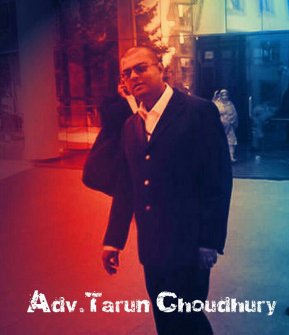Collective Marks mentioned Under Section 61 to Section 68 of Trade Mark Act
Section 2 defines the collective mark as under:
It is a that trade mark which has following feature:-
1. It distinguishes the goods or services of members of an association of the persons.
2. Such persons shall not include the partners
3. They shall only be the proprietor of the mark.
Now Let us Discuss Section 61 to 68:
The Act has provided special provisions here for the Collective Marks.
The collective mark cannot be registered under either of the following grounds if it is-
1. Likely to deceive the public
2. Likely to cause confusion
The Registrar may call upon the applicant that the collective mark should carry an indication that it is a collective mark.
One has to apply for registration of the collective mark. The application shall accompany the rules and regulations governing user of the collective mark. Specifically it must specify as to who are the persons so authorized to use the collective mark. The regulation shall also specify, the conditions and it shall contain sanctions against misuse. It may also mention any other matters as may be prescribed.
The Registrar shall accept the application conditionally or unconditionally or may refuse but on acceptance Registrar shall notify the mark with regulation.
These regulations are freely opened for public inspection just like is opened for inspection to the public.
After registration of the Mark there shall not be any amendment without following procedure which is same as for registration of the mark.
When there is an infringement of the rights, the registered proprietor may choose the proceedings. The court shall take into consideration losses caused or likely to be suffered and there can also be the directions as to how shall there be the pecuniary remedies on behalf of the authorized user.
Lastly on the following grounds the registration of the collective mark can be removed on either of the following grounds:
A. The user has caused misleading to the public or
B. The proprietor failed to observe the regulations governing the use.


